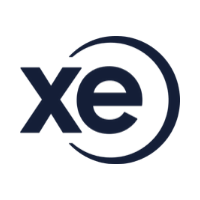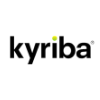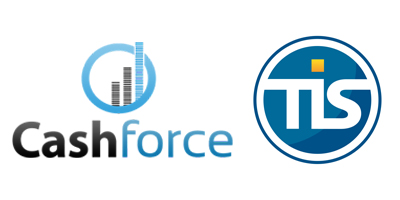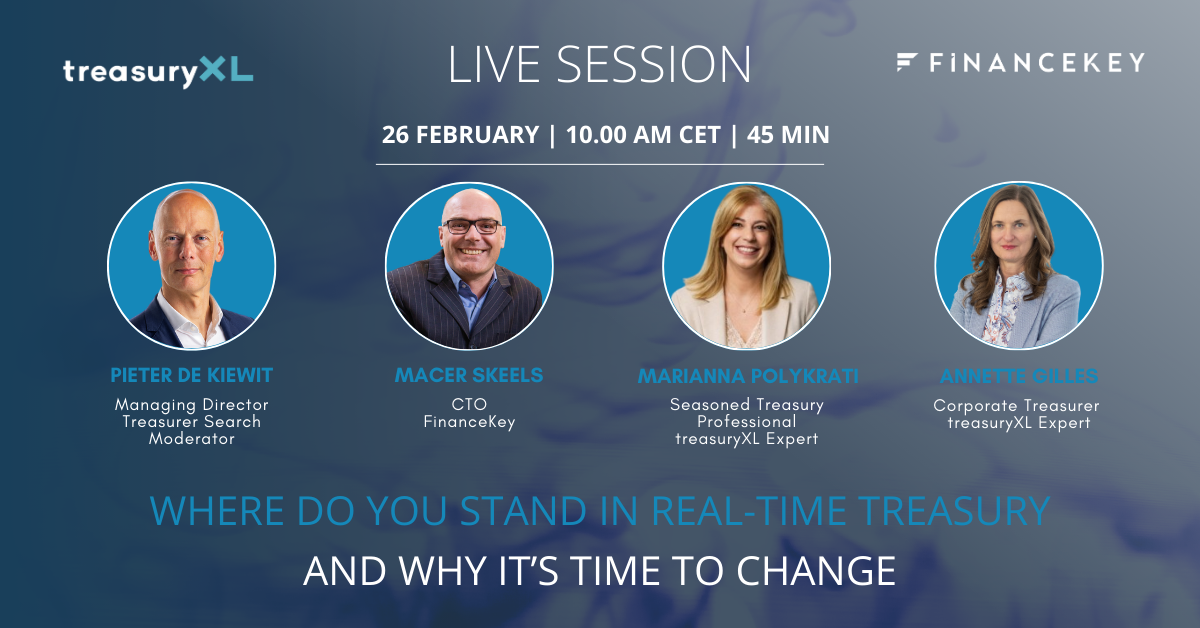28-01-2021 | treasuryXL | XE |
Does your company have an exposure to foreign currencies? Wybe Schutte explains in below interview how business can tackle the complexity of FX.
AN INTRODUCTION TO

Wybe Schutte is head of Business Development Europe at XE.com. Wybe’s career has always centered around international business development and managing relationships. Within XE.com both play an important part as globally we XE is the trusted partner of many business in helping them manage & mitigate the risk that is associated with dealing with multiple currencies, be this through simple rate regulation or looking at high level currency risk management & hedging solutions.
We asked him 10 questions. Let’s go!
INTERVIEW
1. Can you tell something about XE and its mission?
At Xe, we live currencies. Most people know Xe from the currency converter, however we also provide international money transfer services for business for over 25 years. Xe’s Business Solutions supports company’s that have an exposure to foreign currency, supporting them to safeguard profit margins and improve cashflow through quantifying the FX risk they face and implementing strategies to mitigate it. So that our clients can focus on their core business and do not have to worry about their FX.
2.What kind of FX risk types exists and how does XE deal with it?
We look within each business to see where the currency risks are, and whether these can be offset. For example, any sales made in Euros could be offset against Euro costs. If there is still an exposure this is where products such as Forward Contracts can be considered in order to provide protection against the risk. Currency risk can be divided into three types: Transactional Risk, when a business deals in a country that differs to their base currency; Transnational Risk, when a business has an asset or liability overseas on their balance sheet, and Economic Risk where a movement in the exchange rate can give a business a competitive advantage when competing for a particular market.
3. How can you measure the different types of FX risk?
FX Risk can either have a negative or positive impact on a business’ bottom line. If you look back over the last 10 years you can understand what the potential impact could be in the most extreme, least extreme and average scenarios over your given timeline.
This can be done by looking at the high & low points of the market and a business’ FX exposure. This step helps companies to understand what the impact of the net exposure can have on the bottom line.
4. What are the most common critical FX problems that businesses have?
Businesses that have a transactional exposure to the currency markets can differentiate between committed and forecasted exposures. A committed exposure is when the price for a good or service in a foreign currency is known and contracted. Therefore, any movement in exchange rate has a direct impact on their profit or cost unless hedged. A forecasted exposure is when a business looks to the period beyond the committed period to see what their requirements may be. Confidence levels into forecasted periods can vary largely and it is normally the case that the further out a business forecasts, the lower the confidence levels.
5. How can businesses protect their bottom line against the currency markets?
There are a number of key stages that a business can look to follow in order to mitigate FX volatility. Firstly, Identify the type of risk, quantify the risk elements, and then look to build a strategy and agree the implementation process. These stages will allow you to decide the products that are most suitable, so you can then move to market timing and execution. Lastly, you should look to review, revise and adjust your approach on a regular basis. It is important to remember that it is not about market speculation but about mitigating your risk.

6. What is, in your perception, the biggest benefit of a working Foreign Exchange strategy?
Given the ever-uncertain world in which we currently live in, finance departments and treasury centres could be looking to build a strategy to deal with currency fluctuations, which over time could have a considerable impact on your company’s bottom line. A structured approach to foreign exchange risk can enable your business to make strategic planning decisions, rather than attempting to respond to day-to-day developments in the market.
7. Do you experience differences in FX before COVID19 and the time we live in now? What are the differences?
There has been significant movements in the currency markets during the Covid19 period and there are still many factors that influence the daily rates. During these uncertain times our clients are looking for certainty and stability. And although price is always important, other key factors like security and credibility became more important. Naturally each of our clients has been impacted very differently and we have worked with them to provide the solutions and flexibility they needed. We have welcomed many new clients from new geographies? as they were growing, and we supported existing clients that were growing or adapting their business models to suit the changing market.
8. The market is always changing, how does XE stay top of mind of the latest developments in the currency world?
We work closely with our clients to continuously understand their needs and adjust accordingly. Our expert Dealers keep a close eye out on the market. Understanding the movements, resistance levels, and key economic & political updates that can influence the market so that our clients do not have to worry about that. Xe also works closely with our sister companies and parent company Euronet Worldwide.
9. How does the future of FX look like in your perspective?
The near future could be set to weather extraordinary levels of balance sheet expansion and recession, potentially leading to a longer stimulative/expansionary monetary policy which could in turn depress currency rates of the countries that bear them. Near to medium term impacts of this could include a lack of major economic expansion as capital returns are often negative when factoring inflation. This may mean that we see a re-composition of FX strength toward commodity-based currencies (CAD/AUD/NZD) and alternative safe havens (CHF). However, we could see this shift in the longer term as public debt, in particular, becomes more tenable and attractive at such low interest rates and could invite broader investment for countries and to a degree private industry.
We have witnessed ample FX market volatility from an increased reliance on a more narrow data core. Inflation and interest rates and also public debt and balance sheet expansion narratives are having the most impact on rate movements. With this in mind; where much of the corrective forces required are formed around policies related to these key issues, it appears that volatility could behere to stay for at least the coming 6-12 months and beyond.
10. What has been your best experience ever in the world of currencies?
Supporting a scale-up with their complex FX requirements and enable them to grow their business in a short period of time by eliminating the FX risk and provide significant costs savings along the way.

About XE
At XE, they live currencies. XE provides a comprehensive range of currency services and products, including their Currency Converter, Market Analysis, Currency Data API and quick, easy, secure Money Transfers for individuals and businesses. They leverage technology to deliver these services through their website, mobile apps and over the phone.
Last year, XE helped nearly 300 million people access information about the currencies that matter to them and over 350,000 people used XE to send money overseas. Thousands of businesses relied on XE for information about the currency markets, advice on managing their foreign exchange risk or trusted XE with their business-critical international payments.
International Payments & FX Risk management for business
XE Business Solutions can help safeguard your profit margins and improve cashflow through quantifying the FX risk you face and implementing unique strategies to mitigate it. We provide a comprehensive range of currency services and products to help you access competitive rates with greater control.
At XE, they share the belief that behind every currency exchange, query or transaction is a person or business trying to accomplish something important, so XE works together to develop new and better currency services that put their customers first.
XE is proud to be part of Euronet Worldwide (Nasdaq: EEFT), a global leader in processing secure electronic financial transactions. XE is part of the Money Transfer Division of Euronet and is the unification of HiFX and XE.com.
Visit XE.com
Read XE blogs















 Identify the skills you possess and/or need to develop to build deeper mutually beneficial relationships within and across departmental lines.
Identify the skills you possess and/or need to develop to build deeper mutually beneficial relationships within and across departmental lines.